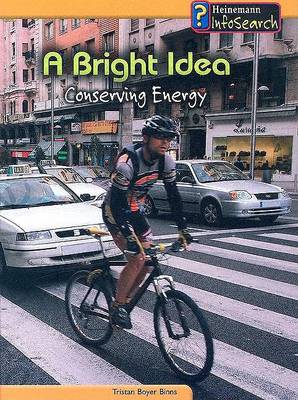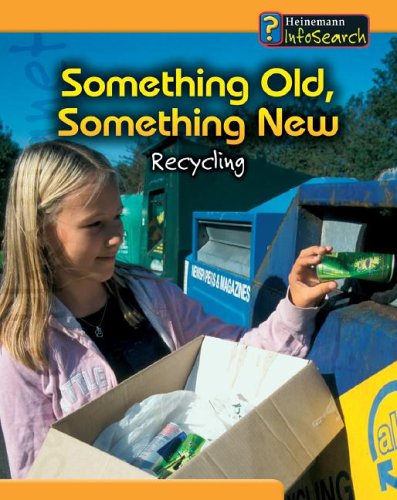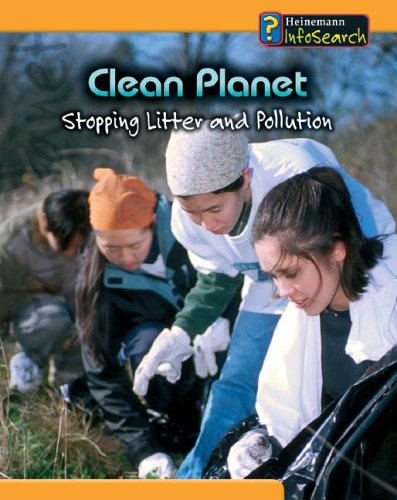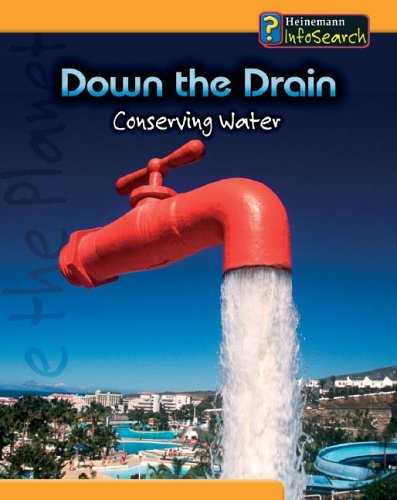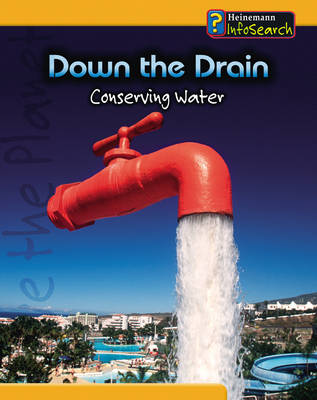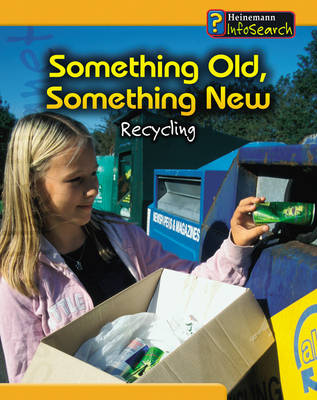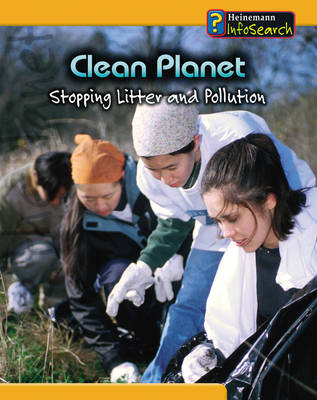You Can Save the Planet
13 total works
You Can Save the Planet
by Tristan Boyer Binns, Anita Ganeri, Chris Oxlade, and Richard Spilsbury
You Can Save the Planet Pack A of 5
by Anita Ganeri, Tristan Boyer Binns, Chris Oxlade, and Richard Spilsbury
You Can Save Planet Down the Drain: Conserving Water
by Anita Ganeri and C. Oxlade
You Can Save Planet Pack A of 5
by Anita Ganeri, Tristan Boyer Binns, Chris Oxlade, and Richard Spilsbury
You Can Save Planet The Great Outdoors: Saving Habitats HB
by Richard Spilsbury


